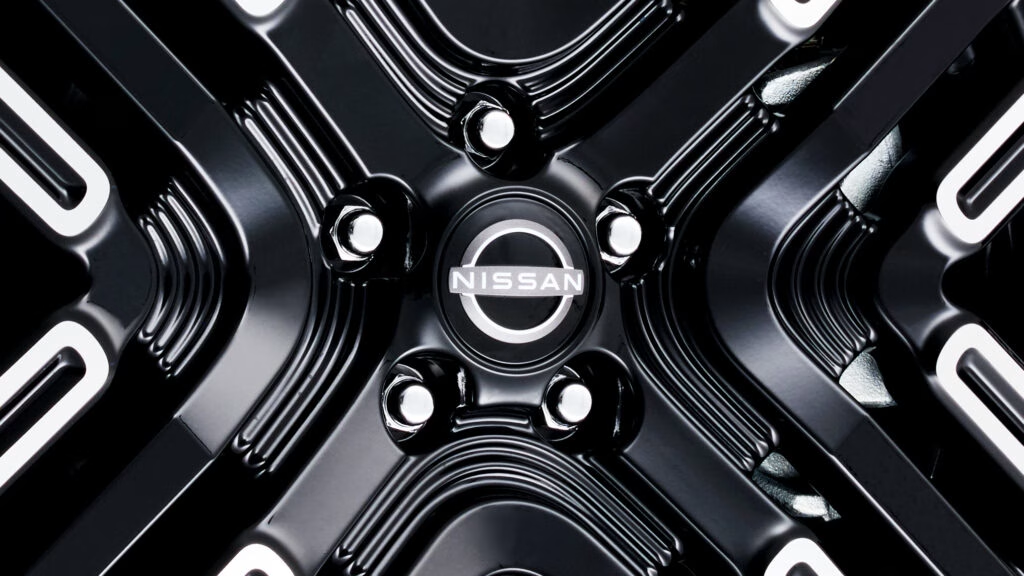Why Did Nissan Halt US Exports of SUVs and Trucks to Canada?
Nissan’s recent decision to pause exports of the Pathfinder, Murano, and Frontier from the US to Canada has left many scratching their heads. The move wasn’t random—it’s a direct response to a heated trade dispute. In April, Canada slapped a 25% tariff on non-CUSMA-compliant vehicles imported from the US, as well as on any non-Canadian or non-Mexican content in CUSMA-compliant vehicles. This was a countermeasure to ongoing tariff threats from the US, particularly as President Trump signaled higher tariffs for countries like Japan and South Korea starting August 1.
For Nissan, the math just didn’t add up. Shipping these models north suddenly meant a steep price hike, making them far less competitive in Canadian showrooms. Production of the Canadian-spec Pathfinder, Murano, and Frontier quietly ended in May, with Nissan stockpiling inventory to cushion the blow for dealers and customers. Right now, Canadian lots still have hundreds of Muranos and Pathfinders, but the Frontier is already running thin—just 99 new models left, according to recent dealership listings.
How Are Tariffs Shaping the Auto Industry’s Cross-Border Moves?
Trade policy isn’t just a political chess game—it’s a real-world disruptor for automakers and buyers alike. The 25% tariff Canada imposed is significant. For context, a similar tariff on steel imports in 2018 led to price increases of up to 9% for US manufacturers, according to the Peterson Institute for International Economics. When applied to finished vehicles, the impact is even sharper: a $40,000 SUV suddenly costs $50,000 before it even hits the lot.
Nissan isn’t the only automaker feeling the pinch. Subaru recently shifted some Canadian production out of the US, and other brands are reevaluating their supply chains. The uncertainty is forcing companies to make tough calls—do they eat the cost, pass it on to consumers, or simply stop shipping certain models across the border? For now, Nissan has chosen the latter, at least until a new US-Canada trade deal is hammered out.
Which Nissan Models Are Still Available in Canada—and Why?
Here’s the twist: Nissan’s Canadian lineup isn’t decimated. In fact, 80% of the vehicles Nissan sells in Canada aren’t affected by the new tariffs. That’s because popular models like the Rogue, Kicks, and Sentra are built outside the US, in places like Japan and Mexico. These models sail right past the tariff wall, keeping prices stable and supply healthy.
But not every brand under the Nissan umbrella is so lucky. Infiniti, Nissan’s luxury arm, faces a tougher road. Its best-selling QX60 is made in the US, so Infiniti will only import limited volumes to Canada for now, keeping a close eye on how the tariff situation evolves. If you’re shopping for a new Infiniti crossover, expect fewer choices and possibly higher prices until the dust settles.
What’s Next for US-Canada Auto Trade—and When Will It Be Resolved?
The million-dollar question: how long will this standoff last? According to US ambassador Pete Hoekstra, a “win-win” trade deal is within reach, with negotiations expected to wrap up by July 21. That’s the hope, anyway. The reality is that trade talks can drag on, and automakers have to plan months in advance.
Dealers and buyers are left in limbo. If you’re eyeing a US-built Nissan, now might be the time to act—once current inventories dry up, there’s no guarantee when (or if) they’ll be restocked. Meanwhile, Nissan and other automakers are watching the calendar and the headlines, ready to pivot as soon as a new agreement is signed.
How Should Canadian Car Buyers and Dealers Respond Right Now?
If you’re a Canadian shopper, don’t panic—but do pay attention. Inventory for affected models like the Pathfinder and Murano is still decent, but the Frontier is already scarce. Dealers may offer incentives to move remaining stock, but prices could rise if tariffs stick around. For those set on a US-built model, it’s wise to check availability now rather than wait.
Dealers, on the other hand, are juggling uncertainty. Many have stocked up, but they’re also preparing to shift focus to models unaffected by tariffs. Expect more marketing around the Rogue, Kicks, and Sentra, and possibly creative financing offers on the last of the US-built SUVs and trucks.
The Big Takeaway for Automakers and Shoppers
Trade disputes like this aren’t just headlines—they shape what’s on the lot and what you pay at the dealership. Nissan’s pause on US exports to Canada is a masterclass in quick adaptation, showing how automakers can pivot to protect their bottom line and keep customers in the loop. The big takeaway? Navigating tariffs isn’t about perfection—it’s about smarter adjustments. Start with one change this week, and you’ll likely spot the difference by month’s end.

